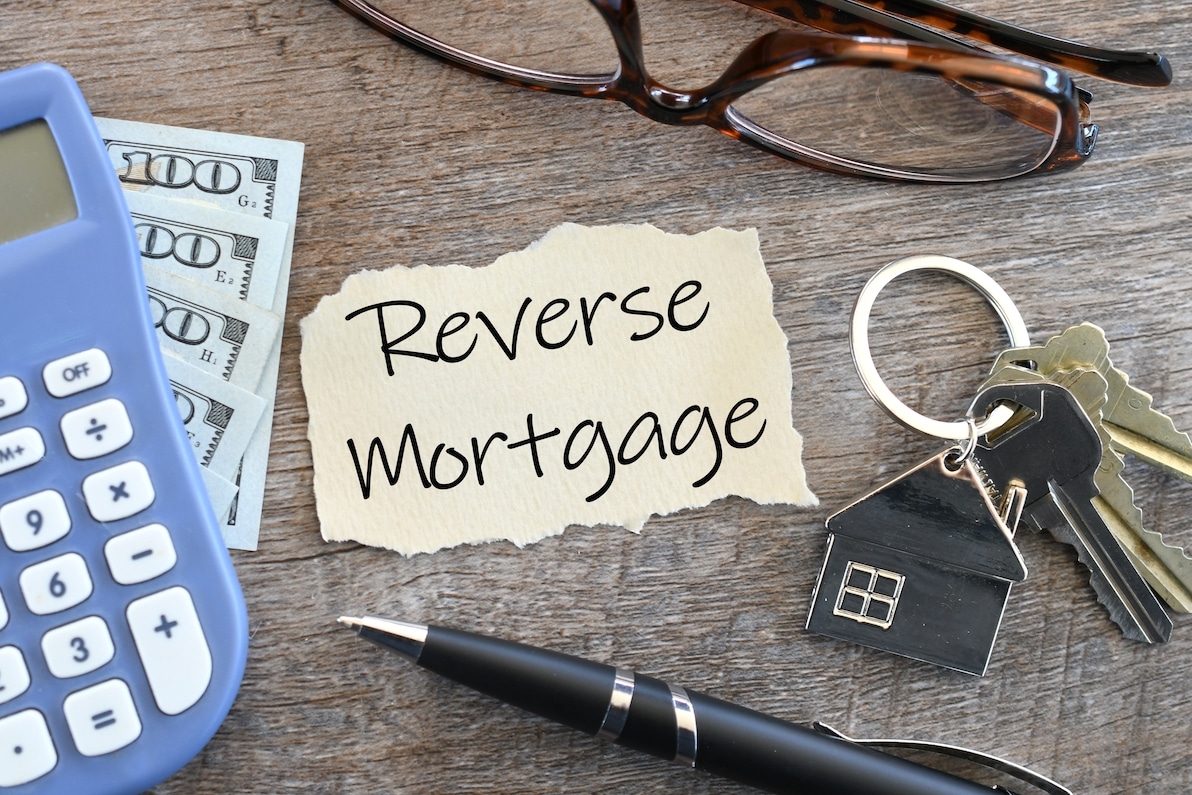Reverse mortgages can be a powerful financial tool for seniors, allowing a safe way to access their home equity without having to sell their property. This beginner’s guide seeks to provide an introduction to reverse mortgages and the valuable information you need to know as you consider this option for your retirement needs. We’ll cover topics such as the benefits of reverse mortgages, types of reverse mortgages, eligibility requirements, costs associated with reverse mortgages, and alternative options if a reverse mortgage is not right for you. At the end of this guide, you’ll have a greater understanding of how this financial product works and whether it makes sense for your individual circumstances.
Introduction
Are you considering taking out a reverse mortgage? If so, this beginner’s guide is for you! In this article, we will cover the basics of reverse mortgages and provide you with the knowledge and information you need to make an informed decision. We’ll explain what a reverse mortgage is, how they work, who can qualify, and some of the advantages and disadvantages to keep in mind. By taking the time to read through this guide, you’ll be on the path to making a smart financial decision.
Benefits Of Reverse Mortgages
Reverse mortgages can be a great financial tool for retirees who find themselves in need of extra income. Reverse mortgage loans can provide seniors with tax-free money that does not have to be repaid until the homeowner dies, moves away permanently, or fails to keep up with loan obligations such as paying property taxes and insurance premiums. This type of loan also enables seniors to stay in their own homes without having to worry about making monthly payments. Additionally, reverse mortgages offer flexible repayment options which may include all-at-once lump sum payments, term payments over specific time periods, a line of credit that allows homeowners access funds when needed, or any combination thereof.
Types Of Reverse Mortgages
Reverse mortgages are a type of loan that allows homeowners aged 62 or over to convert the equity in their homes into cash. There are three types of reverse mortgages: single-purpose, proprietary, and federally insured Home Equity Conversion Mortgages (HECMs). Single-purpose reverse mortgages are offered by local government agencies and non-profit organizations and may be used for specific purposes like home repairs or taxes. Proprietary reverse mortgages are private loans that can offer more flexible features like larger loan amounts but typically have higher interest rates. HECMs are backed by the Federal Housing Administration and generally offer greater protections, but also come with higher closing costs than other kinds of loans.
Eligibility Requirements
In order to qualify for a reverse mortgage, applicants must be 62 years of age or older and must own their homes outright or have a considerable amount of equity in the home. You must also demonstrate that you can pay the ongoing costs of maintaining the home such as homeowners insurance, property taxes, and other costs associated with homeownership. You must also pass certain creditworthiness tests to be approved for a reverse mortgage.
Costs Associated With Reverse Mortgages
Reverse mortgages come with associated costs that must be taken into consideration when deciding whether this type of loan is right for you. These include initial origination fees, insurance premiums, and other closing costs such as appraisal fees and title insurance. The lender may also impose servicing fees to cover the cost of administering the loan. Other expenses could include property taxes or homeowners insurance premiums if not paid from the proceeds of the reverse mortgage. If a homeowner elects to make monthly payments, additional fees may apply in order to extend the term of their loan or establish a line of credit. To avoid surprise expenses, it is important to understand all costs prior to taking out a reverse mortgage.
Alternatives To A Reverse Mortgage
An alternative to a reverse mortgage is to draw funds from other sources such as retirement accounts, home equity loans, or cash from the sale of assets. It’s important to consider all options before settling on a strategy for retirement income. A financial adviser can help evaluate your particular situation and provide guidance in selecting the right solution for you. In some cases, it may be prudent to look at multiple strategies such as a combination of Reverse Mortgages and other revenue streams. Additionally, retirees should make sure they are adequately covered with long-term care or life insurance policies that will help cover any potential unforeseen expenses or losses depending on their life expectancy and goals.
Conclusion
In conclusion, reverse mortgages can be a great financial tool for those who are retired and in need of additional income. When used correctly, they can provide extra funds to cover expenses during retirement while allowing the homeowner to remain in their home. It is important to carefully research any reverse mortgage product or lender before signing up, however, as there are some risks involved with this type of loan. Ultimately, knowing what a reverse mortgage is and how it works will help any potential borrower make an informed decision about whether this type of loan is right for them.


